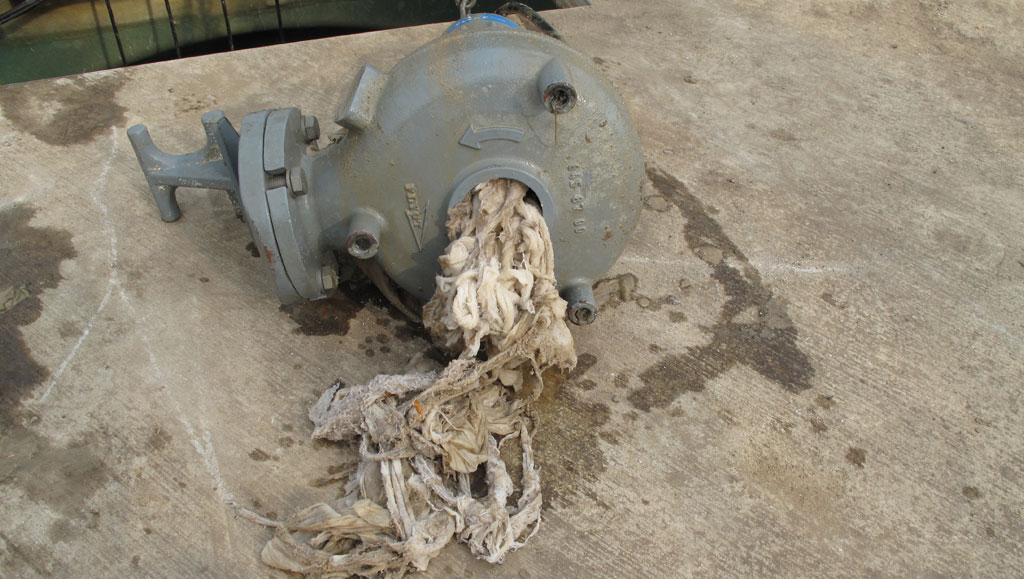It’s our sewerage system: the dos and don’ts

Sewerage systems shouldn’t be noticed. The ideal sewer running from any residential, commercial, or industrial site into the main system should take foul water and waste away smoothly and without issue. While this generally happens, we soon recognise when something has gone wrong.
A common issue is the so-called ‘fatbergs’ of congealed fat, oil, gas and other products blocking the sewer. There are several tips to keep your sewers – and everyone else’s – running effectively.
Do
- Do scrape grease and food residue from crockery straight into a bin.
- Do avoid hair becoming trapped in the sewers by ensuring that none escapes into the traps and drains.
- Do unclog your drains naturally. You should do this by pouring 60ml of baking soda into the drain followed by 120ml of white vinegar. Let this percolate for a few minutes before washing it down with boiling water. Between these sessions, be sure to pour boiling water down the drain weekly to prevent debris collection in the pipes.
- Do clean vents annually to prevent sewer line gases returning to your home or business through the pipes.
- Do regularly empty your washing machine of lint and dispose of it effectively. This prevents it finding its way into the sewer.
- Do check all water sources regularly to ensure there are no leaks that will put undue pressure on the sewerage system.
- Do ensure you know who’s responsible for any communal parts of your area.
Don’ts
- Don’t release fat, oil or grease into the sewer system. This accounts for approximately half of the blockages tackled by drainage experts in the UK every year.
- Don’t flush wet wipes (or any other variety of wipes) down the toilet. These can join with fat, oil and grease to create ‘fatbergs’ or other major blockages.
- Don’t flush anything down the toilet unless it’s toilet roll. That is the only material which has passed the test for disposal into the sewerage system.
If you follow these simple dos and don’ts, your sewers should run more smoothly and blockages should be prevented. Your sewers will continue to be one thing that’s never seen and never heard of.
